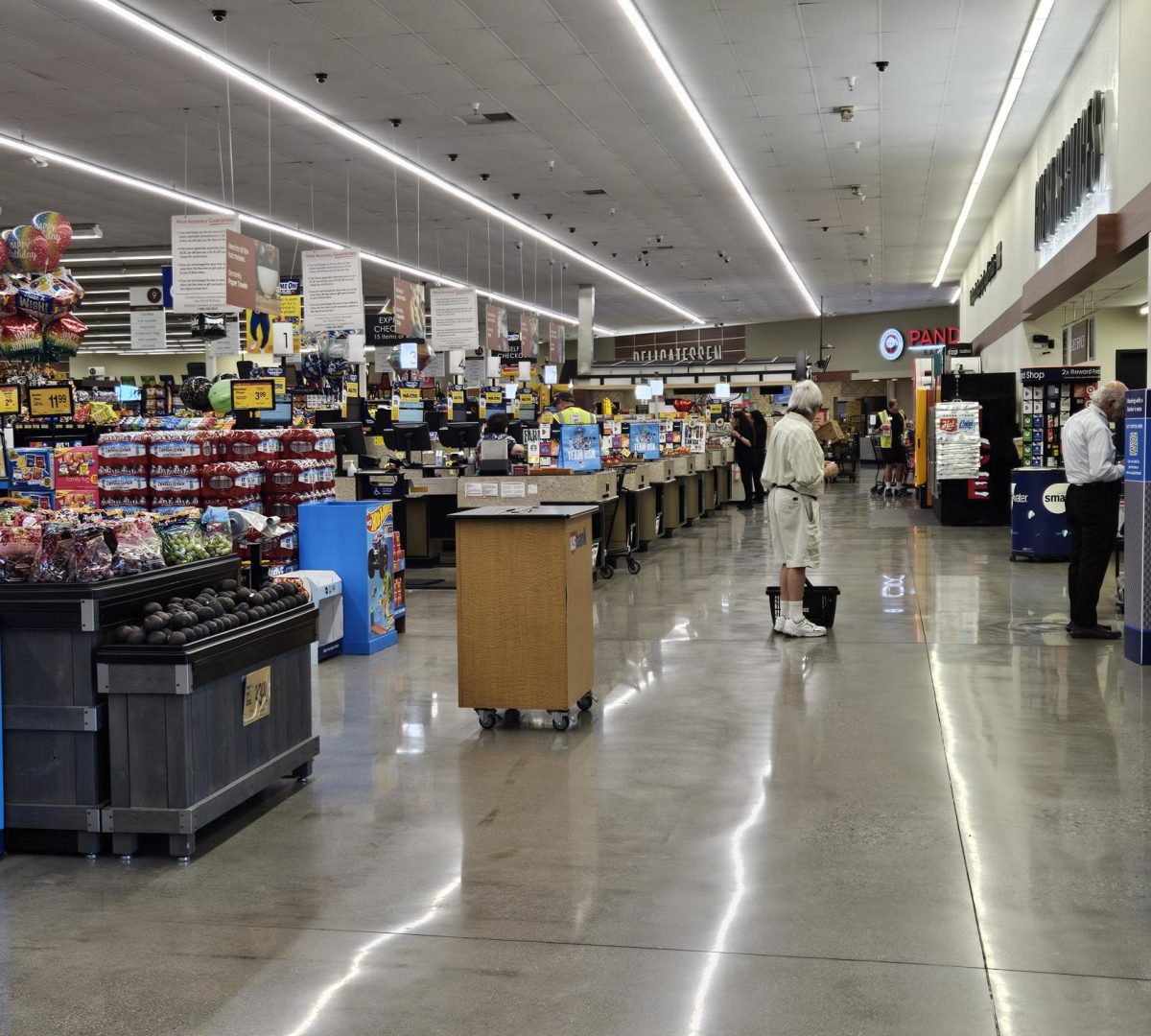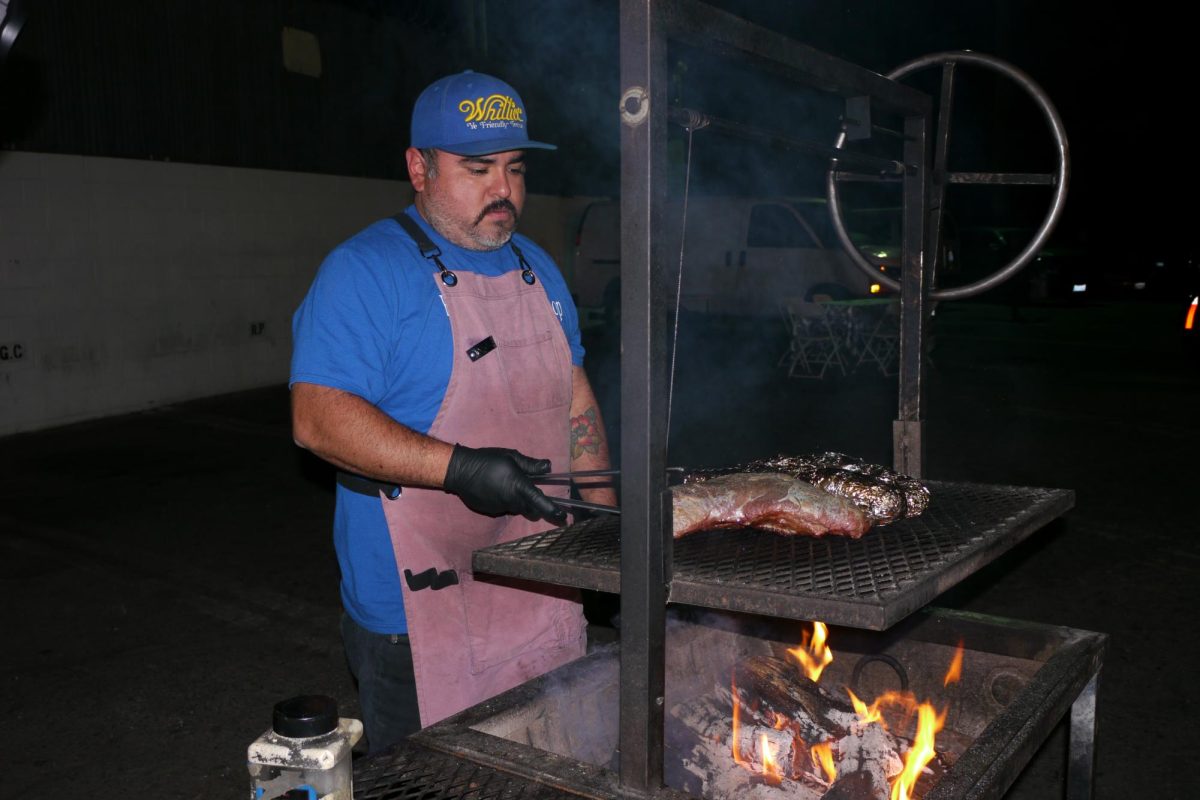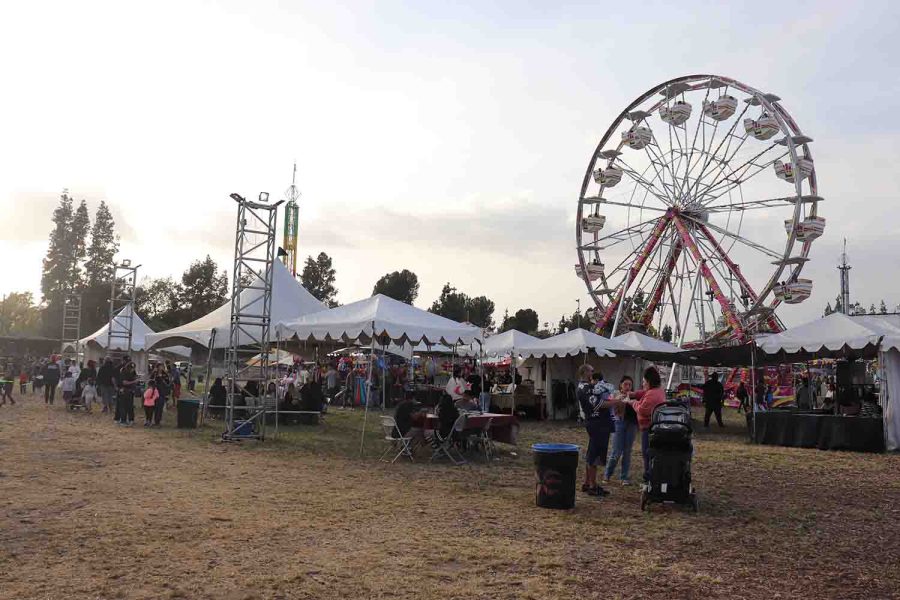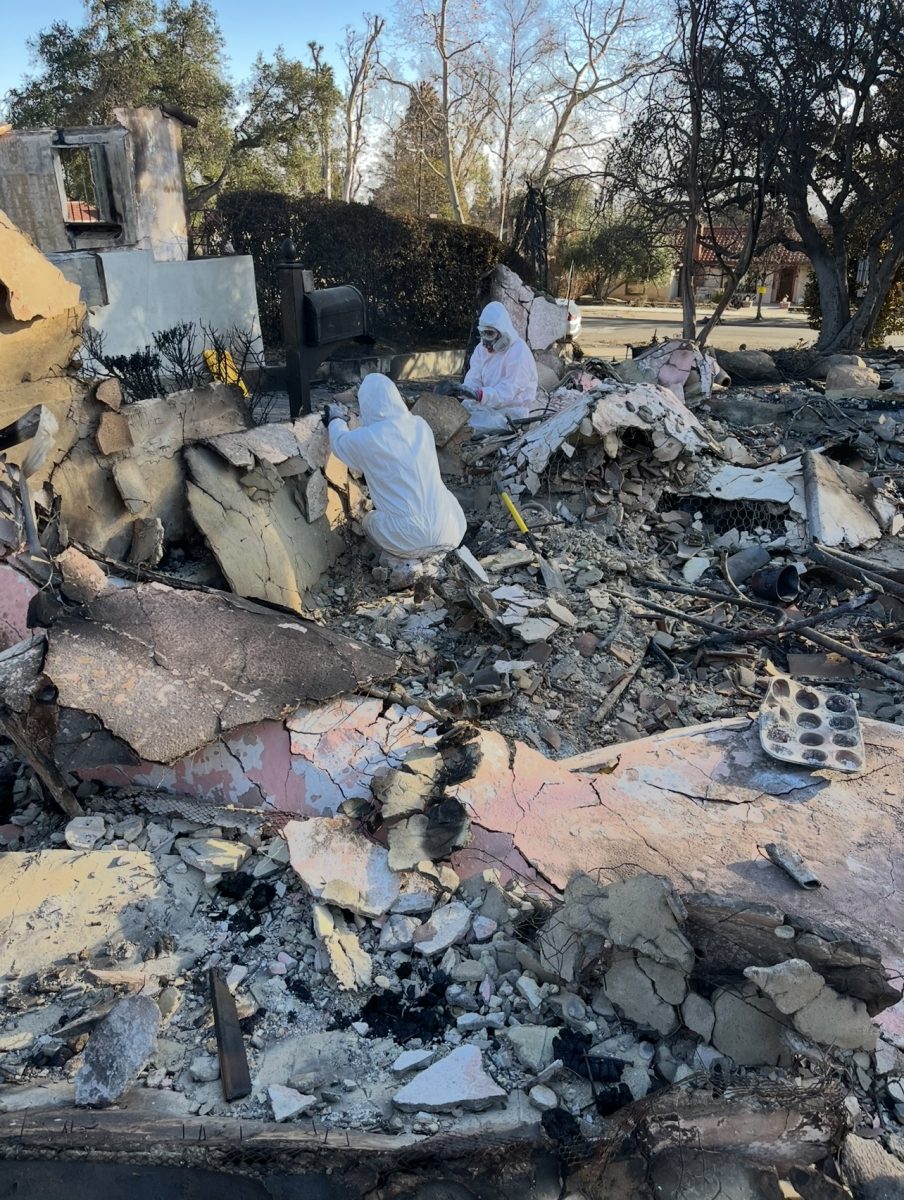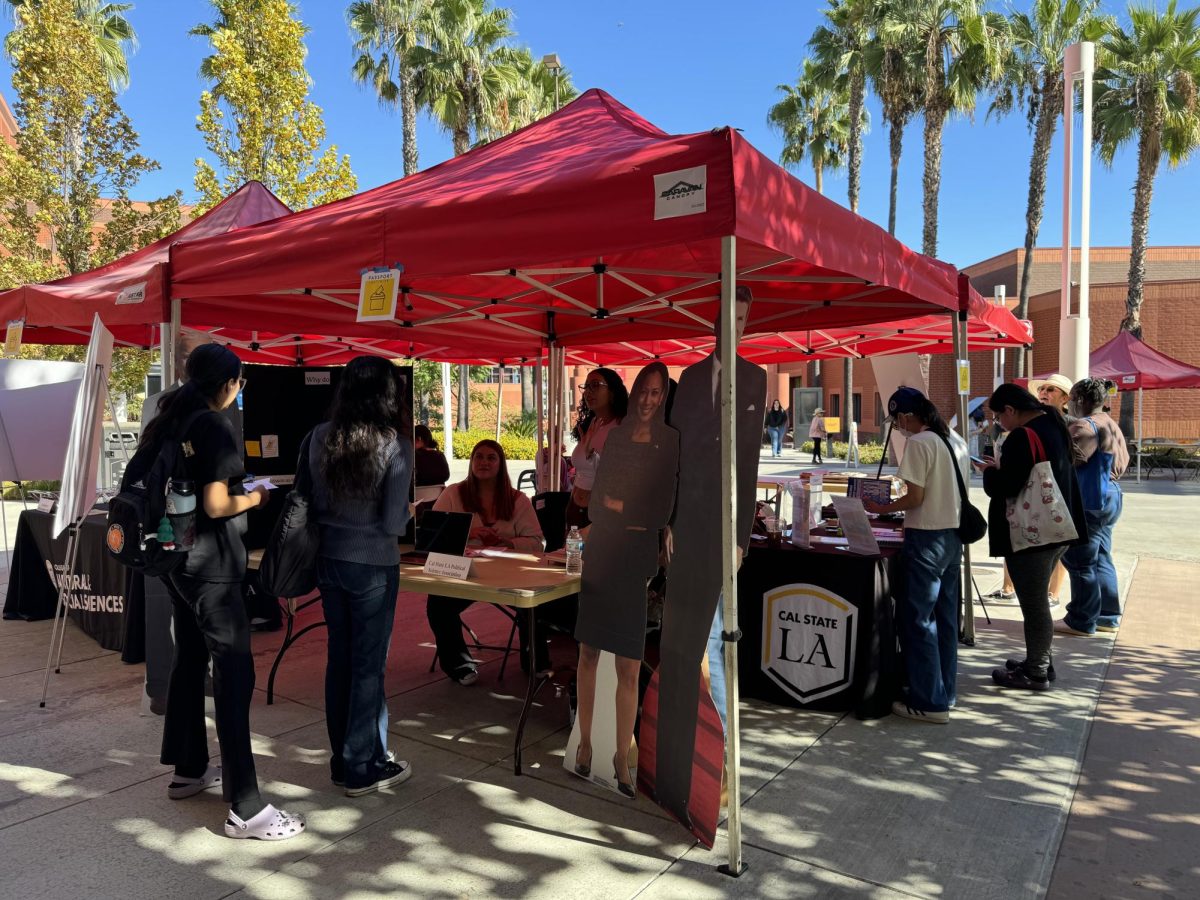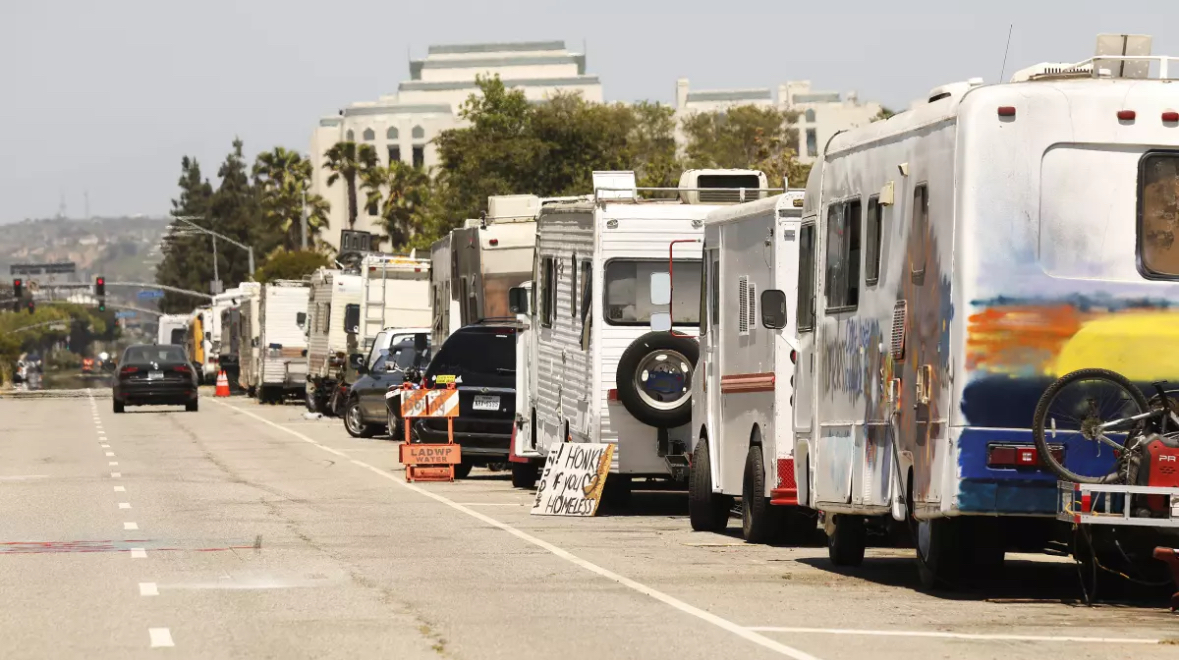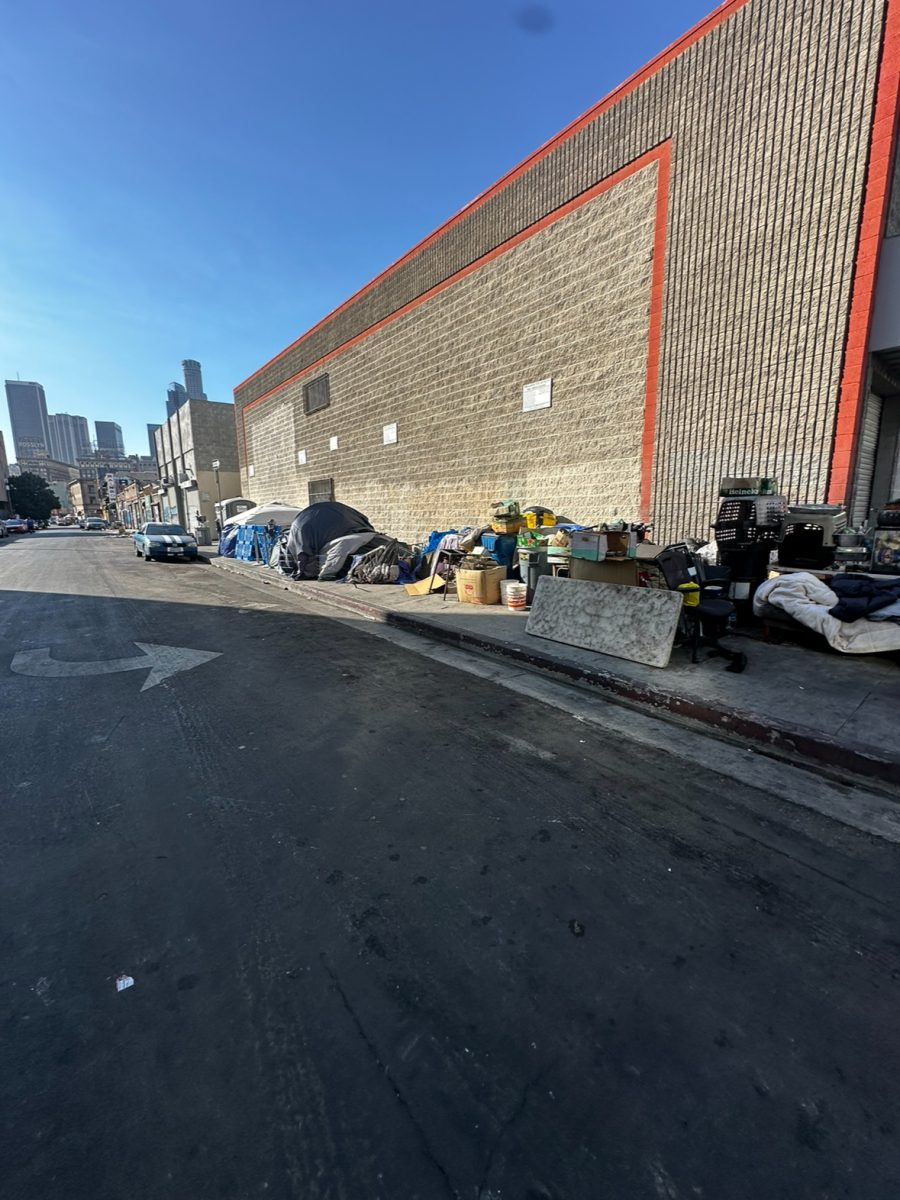As many Californians struggle to make ends meet due to inflation, an increase in the minimum wage would seem to be a welcomed change.
However, some residents wonder if the proposed increase to the minimum wage could do more harm than good — by driving employers to reduce hours or even close down.
Opponents of Proposition 32, a measure on the statewide ballot this November to increase minimum wage from $17 an hour to $18 by 2026, cite a state law that went into effect this year requiring fast food chains to pay workers $20 an hour. The law has been blamed for some chains looking into hiring freezes and more automation of ordering and preparing.
Supporters argue that it will help residents afford the cost of living and the extra income could boost the economy by encouraging people to spend more.
If passed, it’s projected that two million California residents would benefit from this effort, ranging from retail and grocery workers to childcare and school staff. Employers with 26 or more employees would have to pay their workers 18 dollars an hour, and employers with 25 or fewer would pay 17 dollars an hour, according to the Attorney General’s office. “Most Californians who earn less than $18 per hour are heads of their households… [and] have kids,” according to the official summary of Proposition 32.
“This overall sounds like it would be great because everyone works so hard, but they never have the money to show for it,” says Jazmin Chavez, a student at Cal State L.A. who works as a part-time retail employee at Shiekh to help make ends meet. “The government could and should be doing more to help residents. There are so many people struggling to afford housing and food.”
Some supporters say a wage increase could help offset the exorbitant cost of housing in California, and maybe even allow people to save up for a place of their own.
“I think this is a good thing because everything is getting more expensive, and it’s really hard to move out on your own,” said Jocelyn Rebollar, adding that she lives with her parents but hopes to get her own place someday.
Opponents, including the California Restaurant Association and the California Chamber of Commerce, say they worry increasing the minimum wage will increase the cost of living, cause a drop in payroll hours for employees, and increase prices for consumers at retail chains, grocery stores, and small businesses to make up for paying employees more.
Gillian Palacios, a student at Cal State LA, said it seems unfair that employers would threaten to reduce staff members’ hours if they have to pay them more.
“Cutting someone’s hours because they are getting paid more is insane,” Palacios said.
Still, critics allege that disenfranchised populations such as people of color and teenagers will be most at risk if this new wage is enforced.
“Teenagers can suffer all they want. They don’t understand the value of money,” said Juan Gonzalez, an HR Director for Staffing. “I have nephews who don’t understand the value of money. They just have their parents buy everything for them, and I think this would be a good reality check.”
Proposition 32 will be put to vote on the Fall 2024 ballot. You can find more information on the election at www.sos.ca.gov/elections/upcoming-elections/general-election-nov-5-2024
This article was cross published at BoyleHeightsBeat.com.

